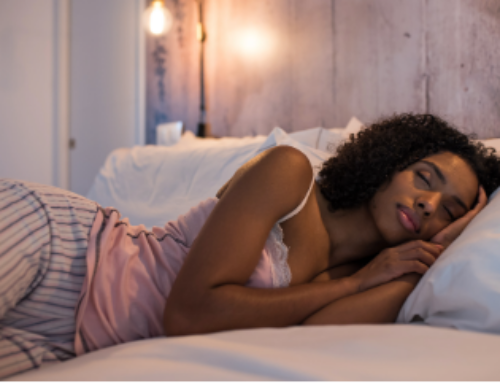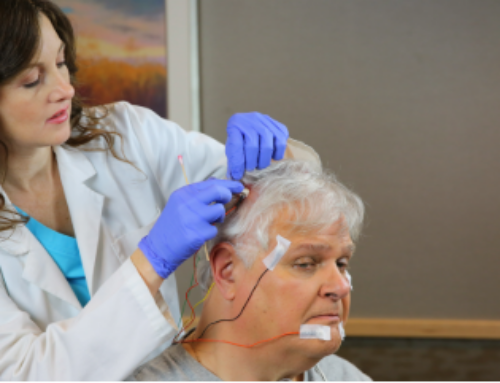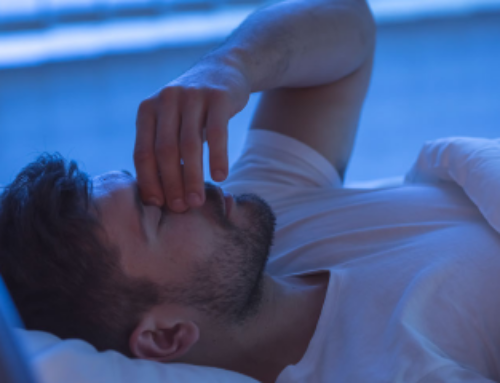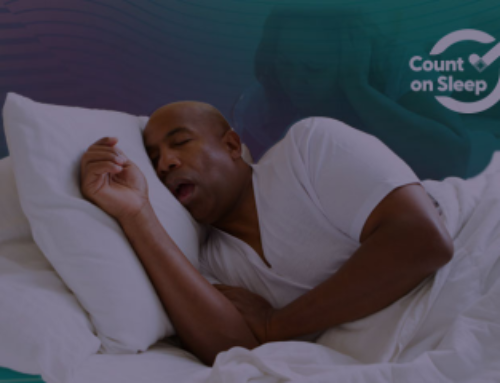Many people with insomnia take herbal supplements to improve their sleep. One herb that is often used as a sleep aid is valerian. But does taking valerian really help you sleep? And is it safe?
Taking herbs such as valerian is one method of “complementary and alternative medicine,” or CAM. Other types of CAM include acupuncture, aromatherapy, and meditation.
According to the National Institutes of Health, CAM methods are not considered a part of “conventional medicine.” They lack the scientific evidence to show that they are safe and effective.
Yet many people are turning to CAM for help with their medical problems. A 2006 study found that more than 1.6 million people in the U.S. attempt to treat sleep problems with CAM.
Both sales figures and research indicate that the use of valerian is common. In 2005 consumers bought an estimated $3.4 million worth of valerian products. A 2007 study in the journal Sleep analyzed data from more than 31,000 surveys. Results show that about six percent of people had taken valerian at least once in the past year.
Researchers have studied valerian to see if it works as a sleep aid. A recent review analyzed the findings of 37 studies. The authors concluded that valerian is “safe but not effective.”
The best and most recent studies found that valerian has no significant effect on sleep. Most of the studies determined that valerian was no better than a “placebo.” A placebo is a pill that has no active ingredient.
Twenty of the studies examined the use of valerian by itself. The other studies evaluated pills that combine valerian with other herbs. These include hops, lemon balm, and passionflower. Combining herbs was no more effective than taking only valerian.
Side effects caused by valerian appear to be mild. The most common side effects include headache, dizziness, and stomach problems. A few reports have linked valerian to liver problems. But the authors of the review conclude that valerian appears to be a safe herb.
The review of valerian was published in June 2007. It appeared in the journal Sleep Medicine Reviews.
There are proven treatments for insomnia that are better options than herbs. Many medications provide quick relief for the sleepless. Some of these are drugs that have been developed during the last decade. They tend to have fewer side effects than older sleeping pills. They also are less likely to be habit-forming. Your doctor can determine which medication is best for you.
Another treatment option has long-lasting results and little risk of side effects. It is called “cognitive behavioral therapy,” or CBT. The American Academy of Sleep Medicine recommends it as a safe and effective treatment.
CBT helps you change actions and thoughts that hurt your ability to sleep well. You learn how to develop habits that promote a healthy pattern of sleep. You can begin by practicing good sleep hygiene.
Help is available if you are unable to resolve your insomnia with the self-help suggestions provided through the following links. Many sleep specialists can provide the foundations of CBT. Behavioral sleep medicine (BSM) specialists are specifically trained and certified in these forms of therapy for sleep disorders. There are more than 100 certified BSM specialists in the U.S.





